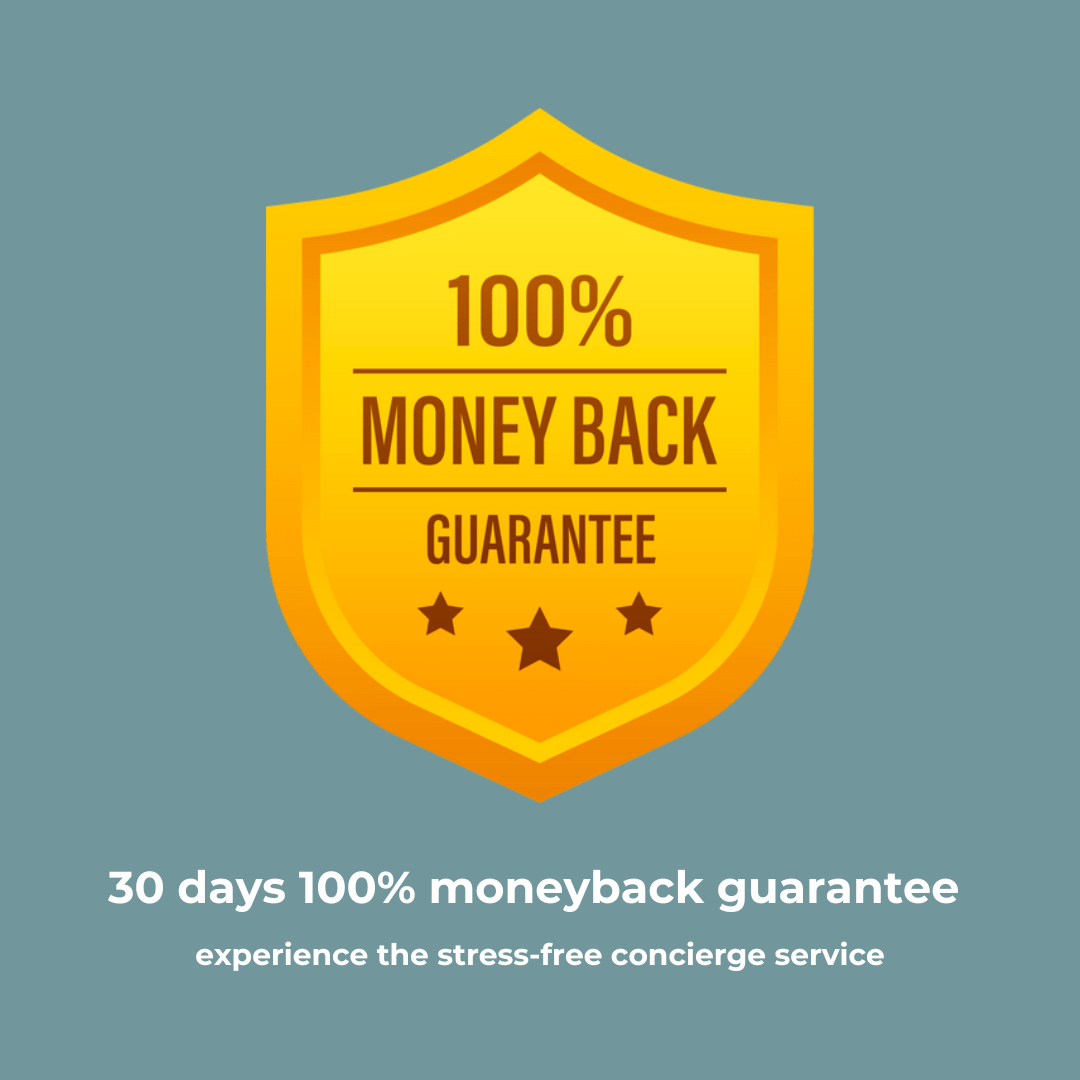What do you do when your normal day suddenly gets turned upside down by a loud crash and the sharp jolt of your car stopping too fast?
It happens quickly, often when you least expect it. Whether you’re heading to work, picking up groceries, or sitting at a red light, an accident can shake up everything. In busy cities where traffic never really slows down, these moments are more common than we’d like to admit. In places like Tampa, where roads are packed and weather can shift fast, staying prepared isn’t just helpful—it’s necessary. With so many people on the move and distractions everywhere, the risk is real.
In this blog, we will share how to protect yourself after a car crash and what steps make the biggest difference.
Table of Contents
ToggleFirst Steps You Should Never Skip
Right after a crash, it’s hard to think straight—but those first few minutes matter. If you can, move to a safe spot or stay put with hazards on. Check for injuries, then call 911. Even in minor cases, a police report protects your version of events and becomes important evidence later.
Now take photos. Lots of them. Document every angle of the damage, the license plates, nearby signs, streetlights, weather conditions—everything. Don’t rely on memory. Take pictures of the other car, too. Not all drivers stay honest when insurance gets involved.
Exchange names, contact info, and insurance details with the other driver. But be brief. No small talk. No apologies. You don’t want anything you say to be twisted into something it wasn’t. Stick to the facts.
Then, even before dealing with insurance, call a reliable Tampa car accident lawyer to help you understand your next steps. They can explain your rights, review your documents, and help make sure you don’t say or sign anything that could hurt your case. It’s better to have someone in your corner before problems begin, not after they explode.
Why Quick Decisions Can Lead to Big Regrets
After a crash, insurance companies often move fast. Sometimes too fast.
You might get a call the next day, or even within hours. A friendly voice will ask for a statement. They’ll act helpful. But remember—insurance adjusters work for the company, not for you. Their job is to save money, not to make sure you’re okay.
That first recorded statement can come back to bite you. You might say something like, “I feel fine,” just to keep things moving. Then, a few days later, your neck tightens up, or you start noticing pain when you move. By then, your early words could be used to argue your case isn’t valid.
So don’t rush to talk or accept any offers. A settlement might sound tempting—especially if bills are piling up. But if you settle too soon, you may give up the chance to be fully covered later.
Instead, take your time. Keep records of everything: repair estimates, receipts, emails, even missed workdays. It’s not about being dramatic. It’s about being smart.
Know What Not to Post Online
These days, it’s natural to share life updates online. But after a car crash, your social media becomes something else entirely—it turns into evidence.
You might think posting a simple update is harmless. But even an innocent “All good!” caption next to a smiling photo could be used against you. Insurers and opposing lawyers might use that post to argue you’re not really affected by the crash.
Don’t post about the accident. Don’t share injury updates. And don’t tag yourself at the gym, hiking trail, or anywhere that suggests you’re more active than you truly are. What feels like a personal moment can quickly become public ammunition.
Keep your updates private. Let friends and family know directly if they need to. Save the posts for when everything is sorted.
Why Follow-Up Matters More Than the Moment
It’s easy to think the crash is over once the cars are towed and the papers are signed. But follow-up care matters just as much as the first response.
Visit a doctor even if you don’t feel hurt right away. Many car-related injuries don’t show up for hours—or even days. A professional can document symptoms you may not notice. That medical report becomes part of your case if you end up needing compensation.
Keep checking on vehicle repairs. Get second opinions if the costs feel off. Make sure your insurance isn’t missing details. Be clear with your workplace about your needs. If you’re late or absent due to appointments, having a record helps support your claim.
The point is to stay engaged. Crashes don’t end when the glass is swept up. They end when you’ve fully recovered and all matters—legal, physical, and financial—are resolved.
Tools You Can Keep Ready Just in Case
No one wants to prepare for an accident. But having a few tools handy can save time, money, and stress.
Keep these in your glove box: a pen, notepad, flashlight, emergency phone charger, and printed insurance information. You’d be surprised how often people’s phones die when they need them most.
Install a dashcam. It records what really happened, which can be valuable in disputes. Also, check your insurance policy every year. Make sure it covers towing, rental cars, and uninsured drivers—those details matter when chaos hits.
And perhaps most importantly, know who you’ll call if things go sideways. You don’t want to be scrolling for help after a crash. Have your go-to contacts saved in your phone.
All in all, no one expects a car crash. But when it happens, what you do next matters more than you think.
You don’t need to panic. You don’t need to fight every battle alone. But you do need to act with care, keep good records, and get help from people who know the system.
Protecting yourself means more than just avoiding injury. It means standing up for your time, your money, and your peace of mind.
Accidents are chaotic. Your response doesn’t have to be.




 and Canada
and Canada 





